



Smuggling in India, as defined by the Customs Act, 1962, involves illicit movement of goods evading customs laws. The Directorate of Revenue Intelligence (DRI) tackles smuggling of items like gold, drugs, and currency using advanced techniques. Key challenges include porous borders, transnational syndicates, and maritime routes. Solutions include better technology, coordination, and zero-tolerance policies.

Disclaimer: Copyright infringement not intended.
The new ‘Smuggling in India’ report highlighted inventive methods of smuggling and maps key geographic routes.
The World Customs Organization (WCO) has defined smuggling as, “Customs offence consisting in the movement of goods across a Customs frontier in any clandestine manner, thereby evading Customs control.”
In the Indian context, the Customs Act, 1962 has provided for an inclusive definition of the term smuggling. Smuggling has been defined as “any act or omission which will render such goods liable for confiscation under Sections 111 or 113 of the said Act”.
The provisions of the Customs Act, 1962 provide for confiscation of goods in the following conditions,
According to the Directorate of Revenue Intelligence (DRI), Cocaine is a drug derived from the leaves of the coca plant native to western South America. In recent years, air travel has emerged as a preferred route to smuggle cocaine from South American countries into India.
It made 47 cocaine seizures worth Rs 975 crore in FY24, more than double the number recorded in the previous financial year. The quantity of seized cocaine smuggled into India, primarily through airports, increased by 9 percent to 107 kg.
The modus operandi for cocaine smuggling into India follows three patterns – a foreign national travelling by air with cocaine concealed in their bodies, an Indian “mule” travelling to and from Africa, or courier consignments.
It is an Indian intelligence agency. It is India's apex anti-smuggling intelligence, investigations and operations agency. The Directorate is run by officers from the Central Board of Indirect Taxes and Customs (CBIC) who are posted in its various Zonal Units as well as in Indian embassies abroad as part of the Customs Overseas Intelligence Network.
It is headed by a Director General of the rank of Special Secretary to the Government of India.
The Agency works to secure India's national and economic security by preventing the outright smuggling of contraband such as firearms, gold, narcotics, fake Indian Currency notes, antiques, wildlife and environmental products.
Functions: DRI is the major intelligence agency which enforces the prohibition of the smuggling of items including drugs, gold, diamonds, electronics, foreign currency, and counterfeit Indian currency.
India has been plagued by the scourge of smuggling for a very long time. A huge populace, porous borders, insufficient enforcement apparatus, and a perceived lack of coordination among different agencies have led to multiple instances of apprehension of attempts of smuggling. Gold, Drugs, electronic goods, and foreign currency remain the main items smuggled. The Directorate of Revenue Intelligence is the premier intelligence agency responsible for counter-smuggling operations.
Source:
|
PRACTICE QUESTION Q.Discuss the impact of smuggling on India's economy, security, and society. Analyze the challenges faced by law enforcement agencies in curbing smuggling activities and suggest policy measures to effectively tackle this issue. (150 words) |
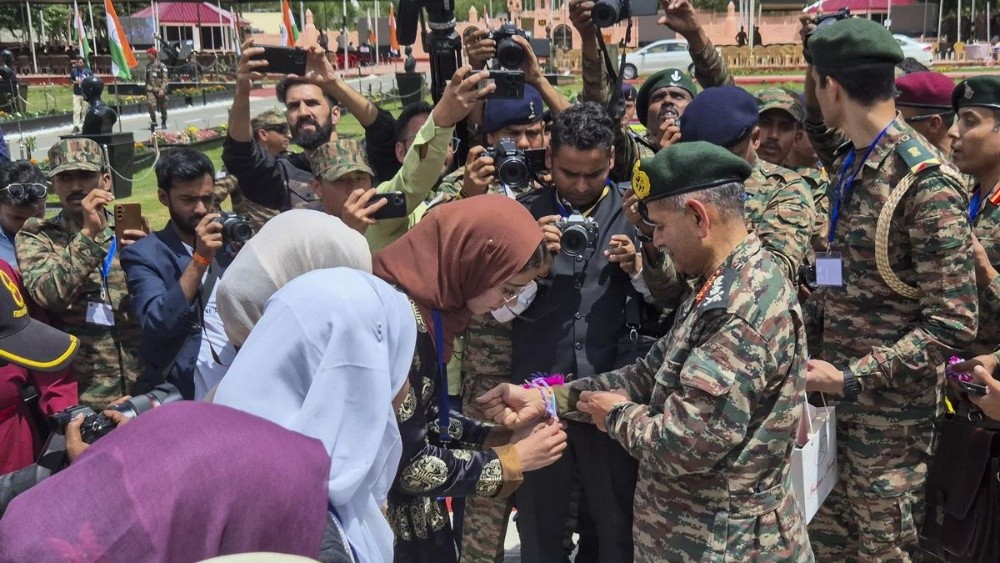
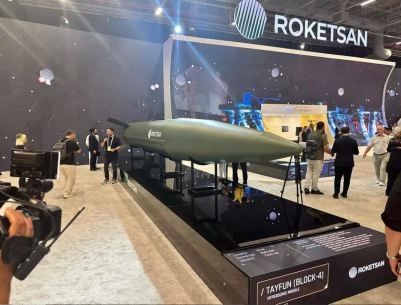
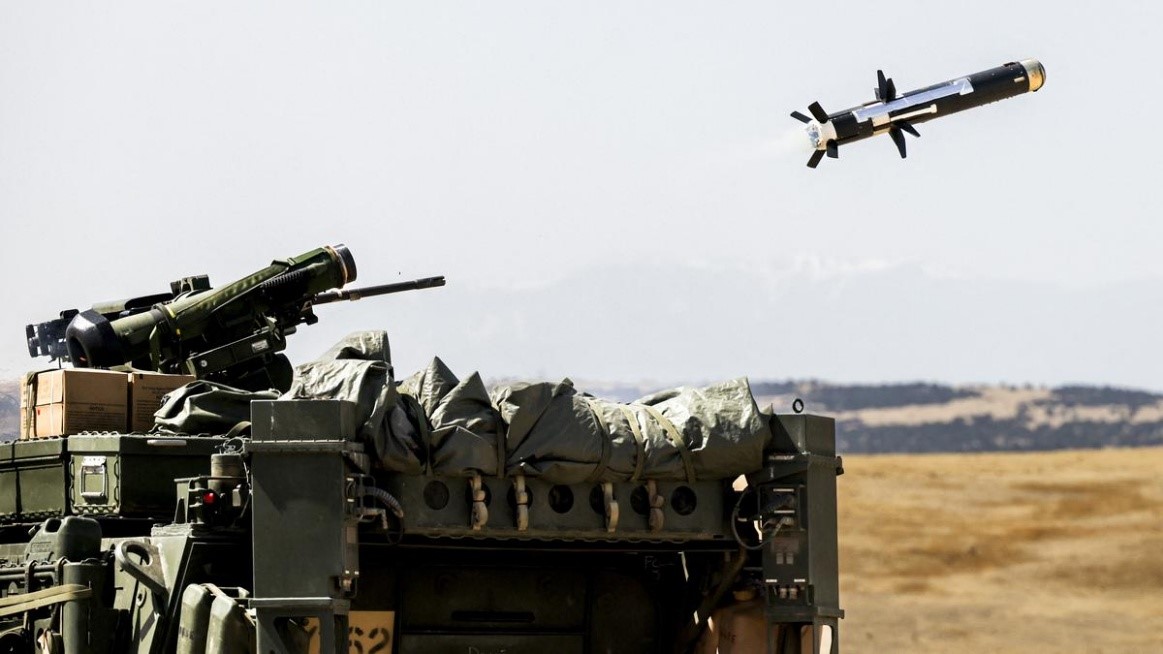

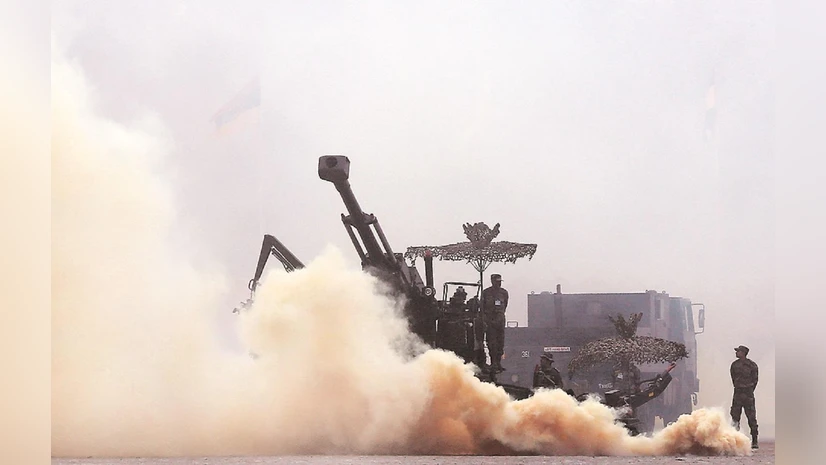
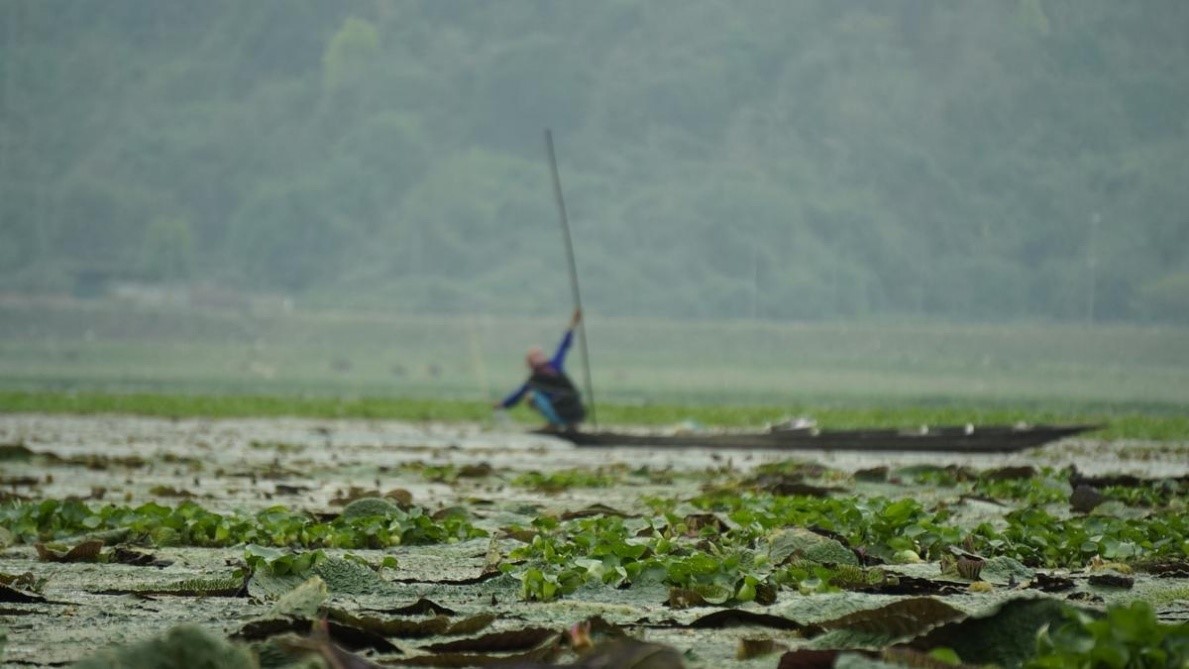
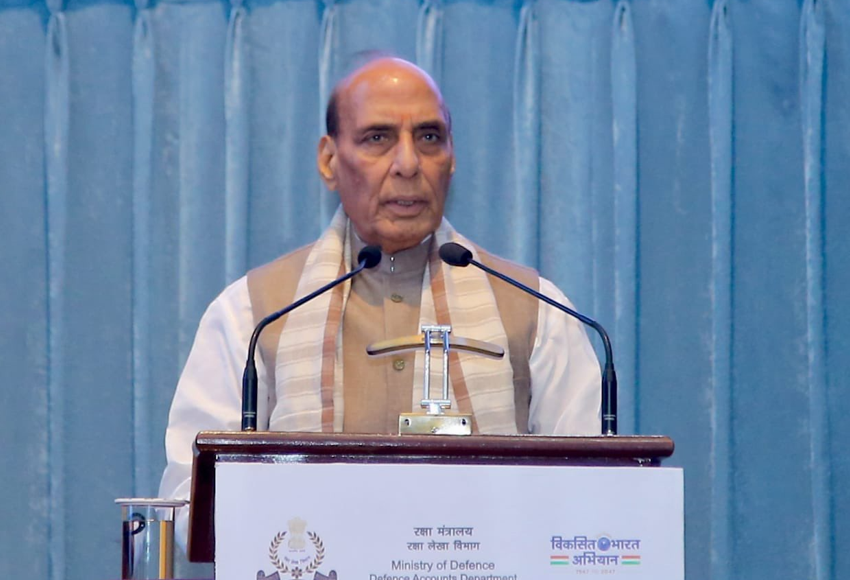
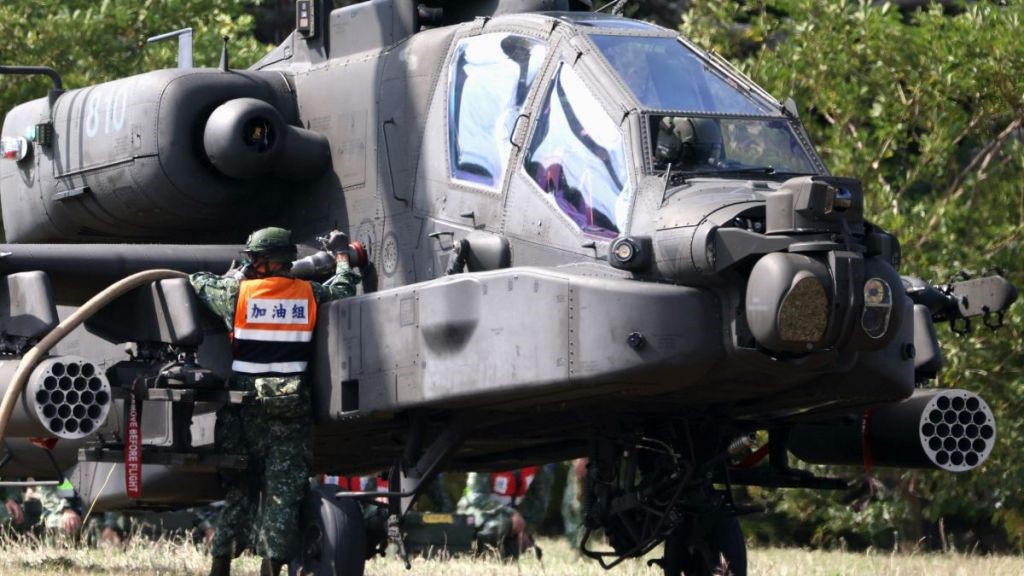



© 2025 iasgyan. All right reserved